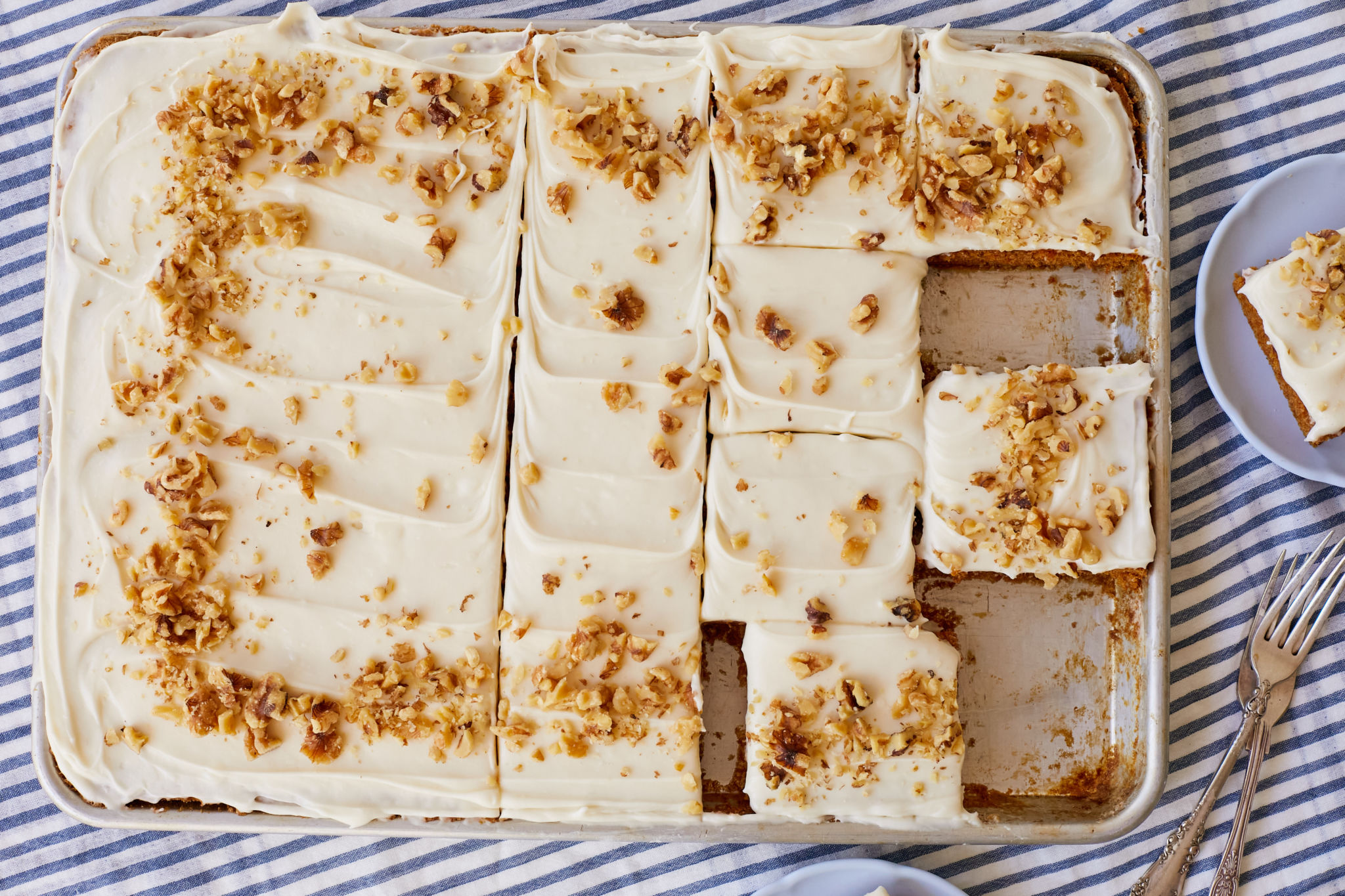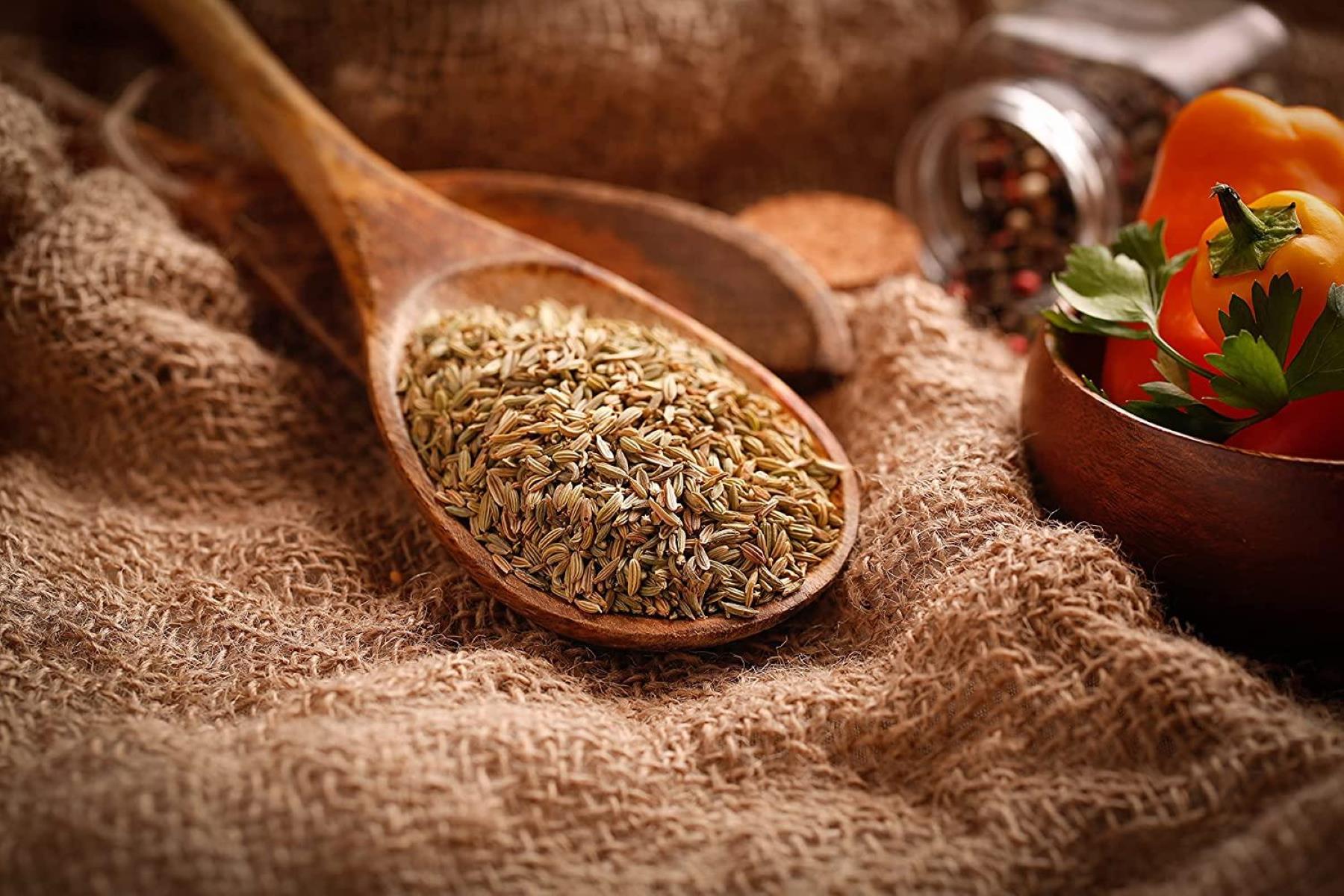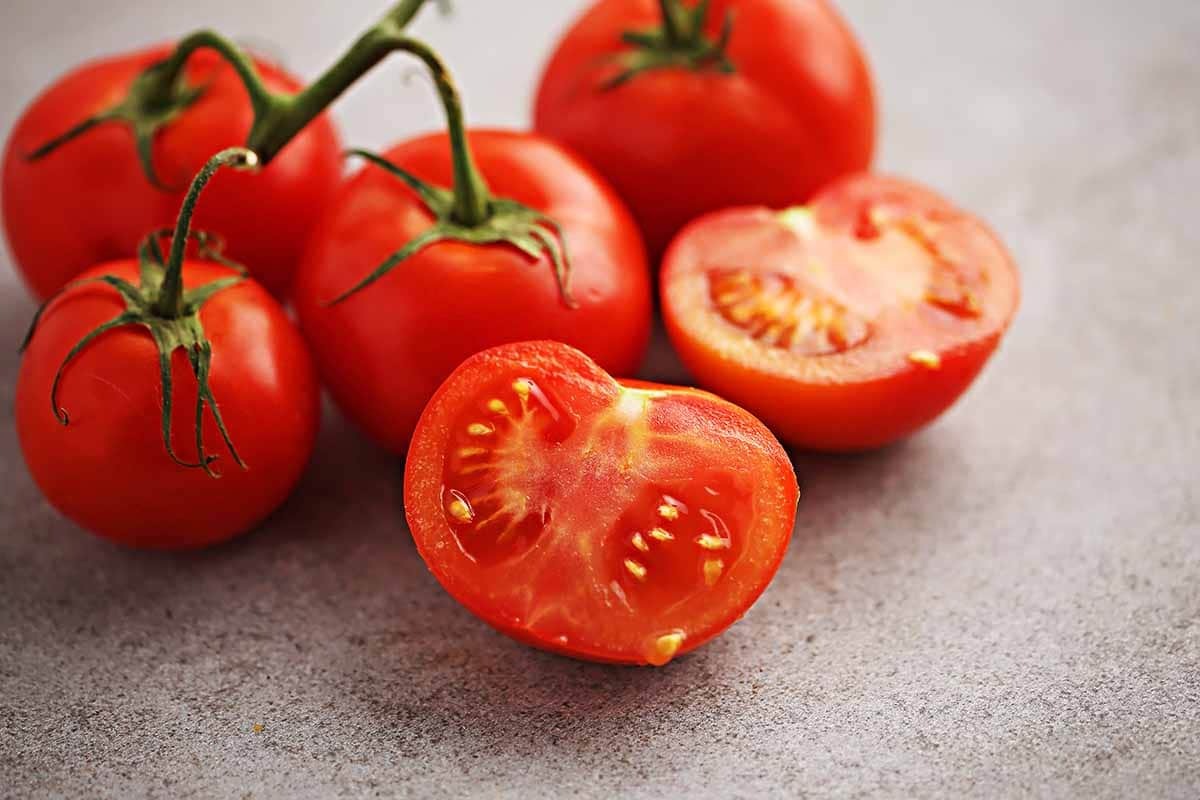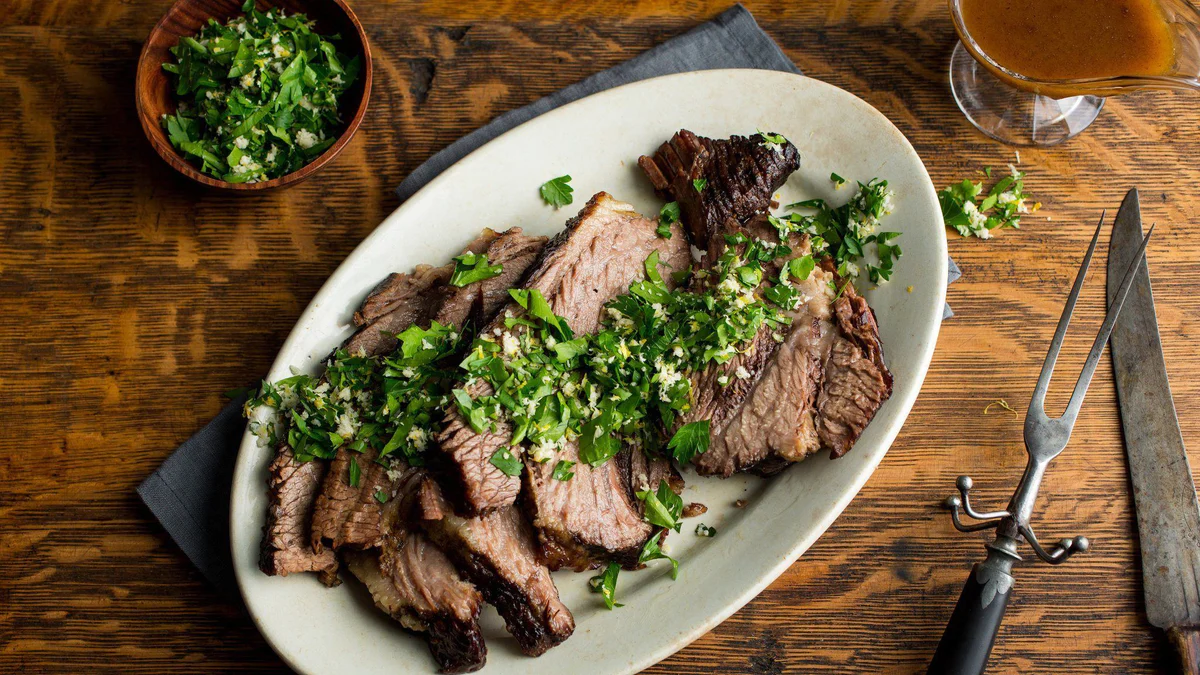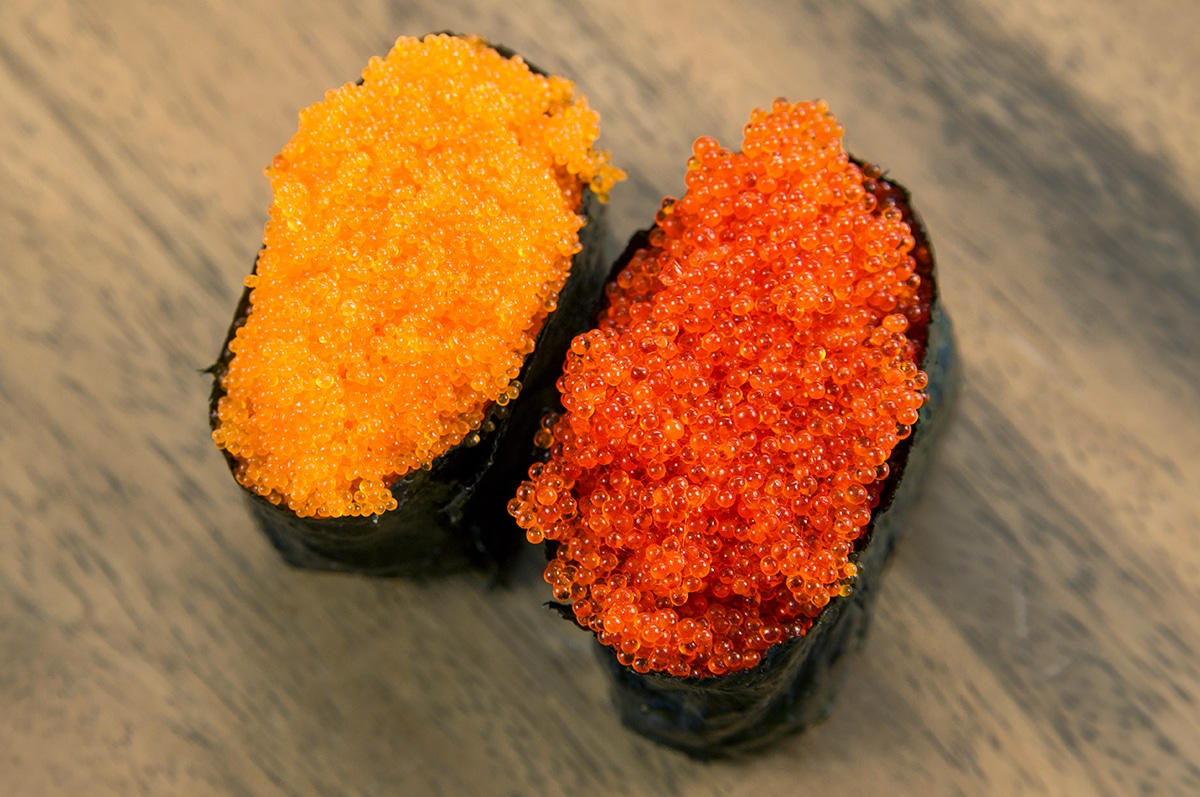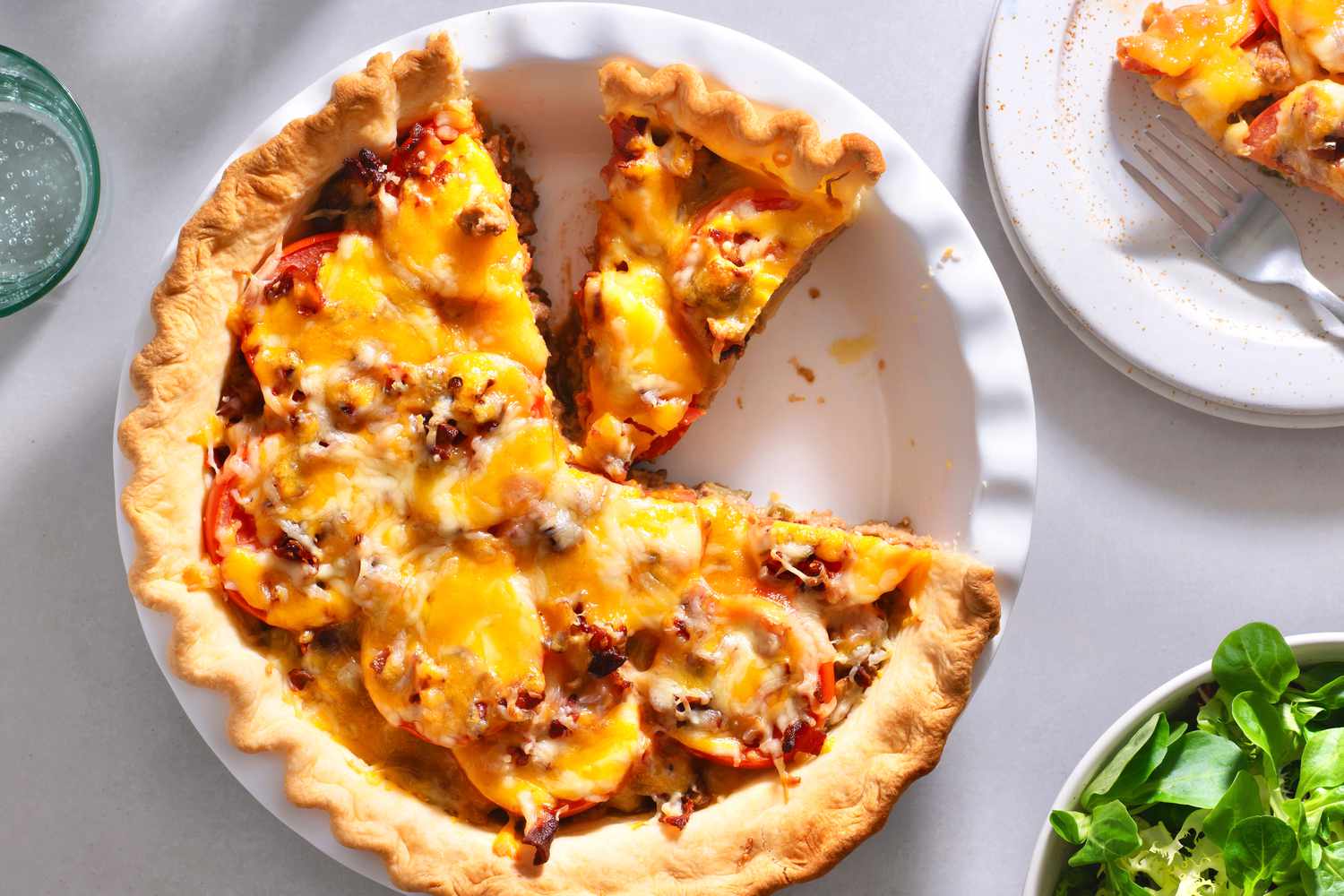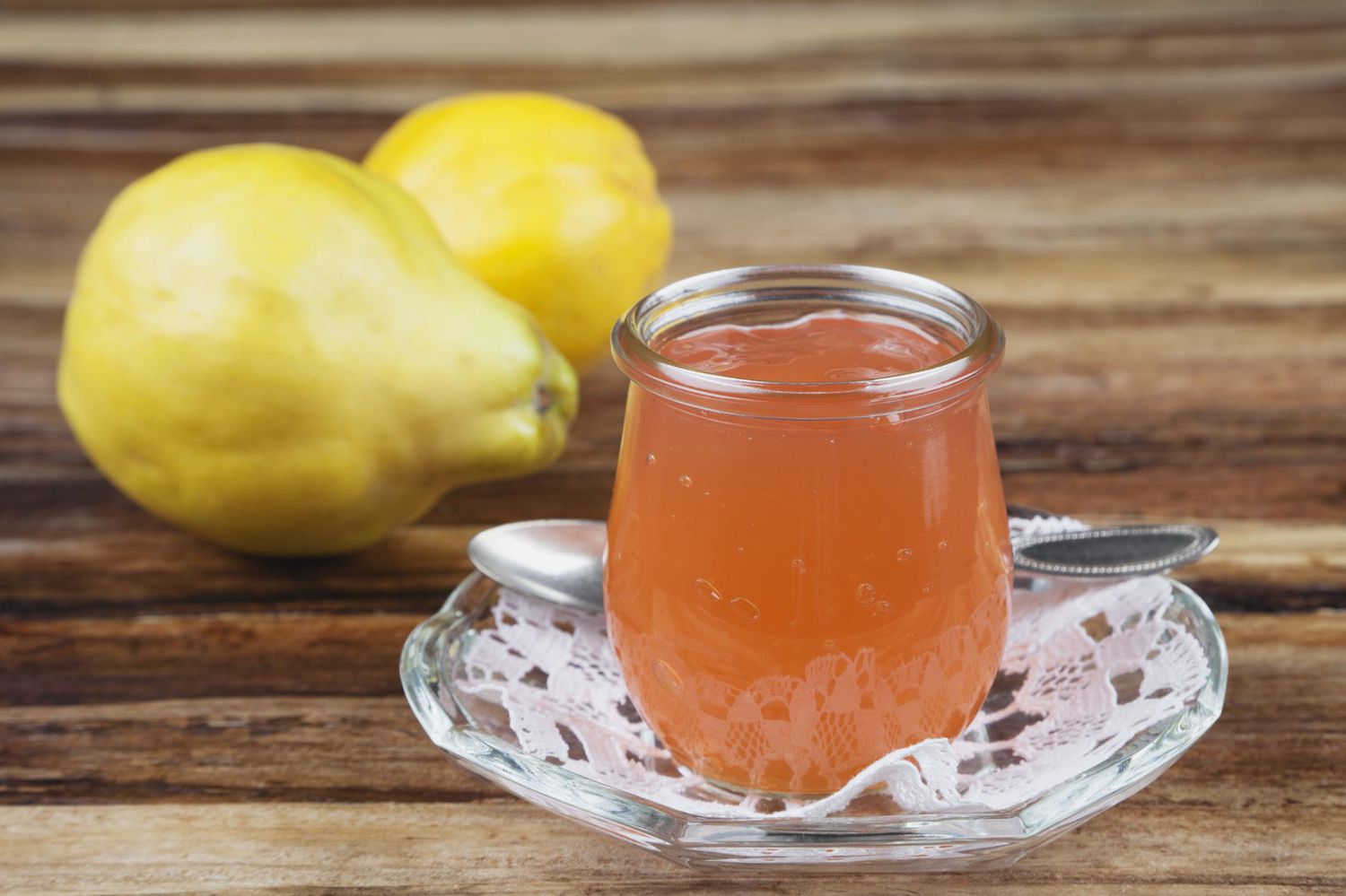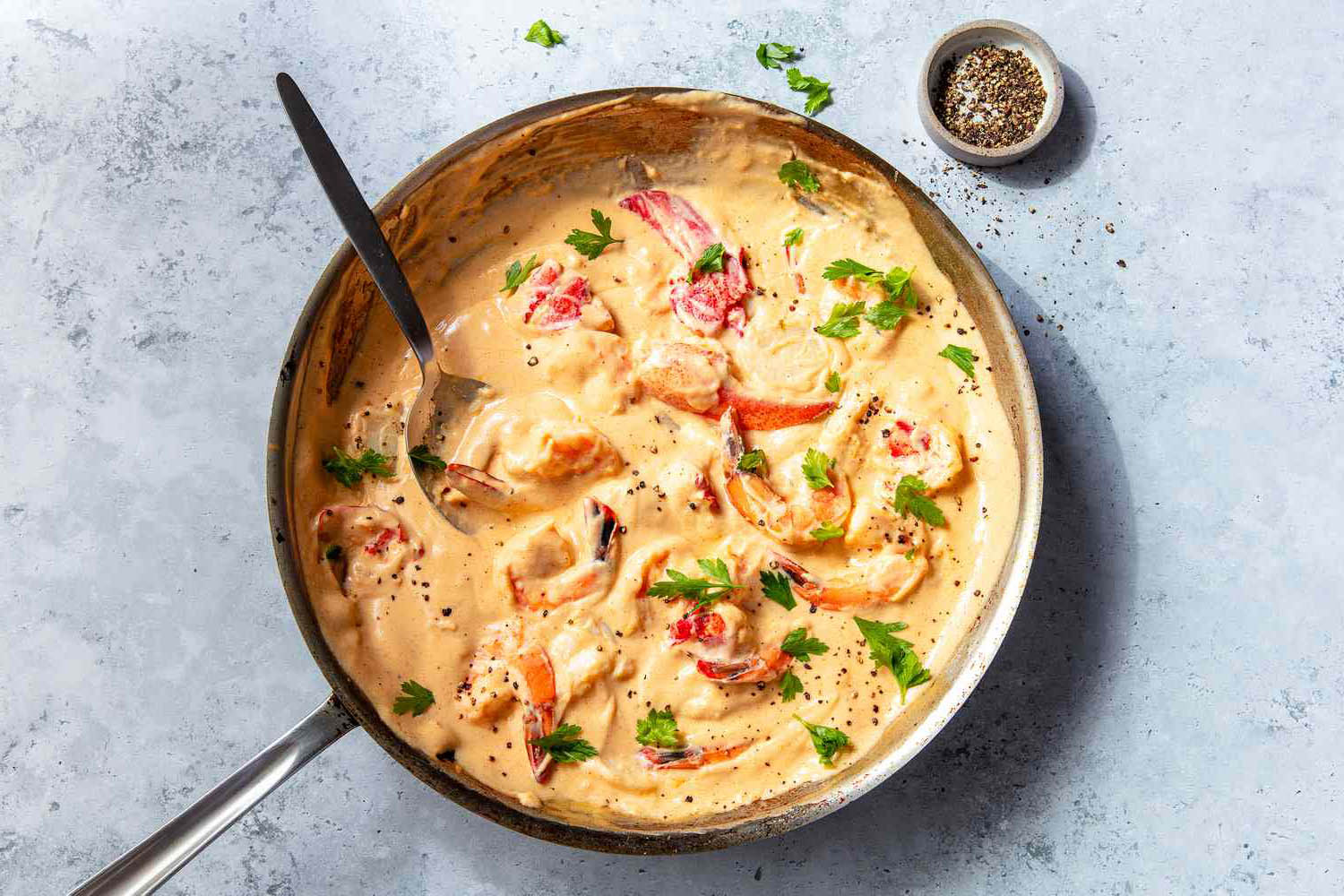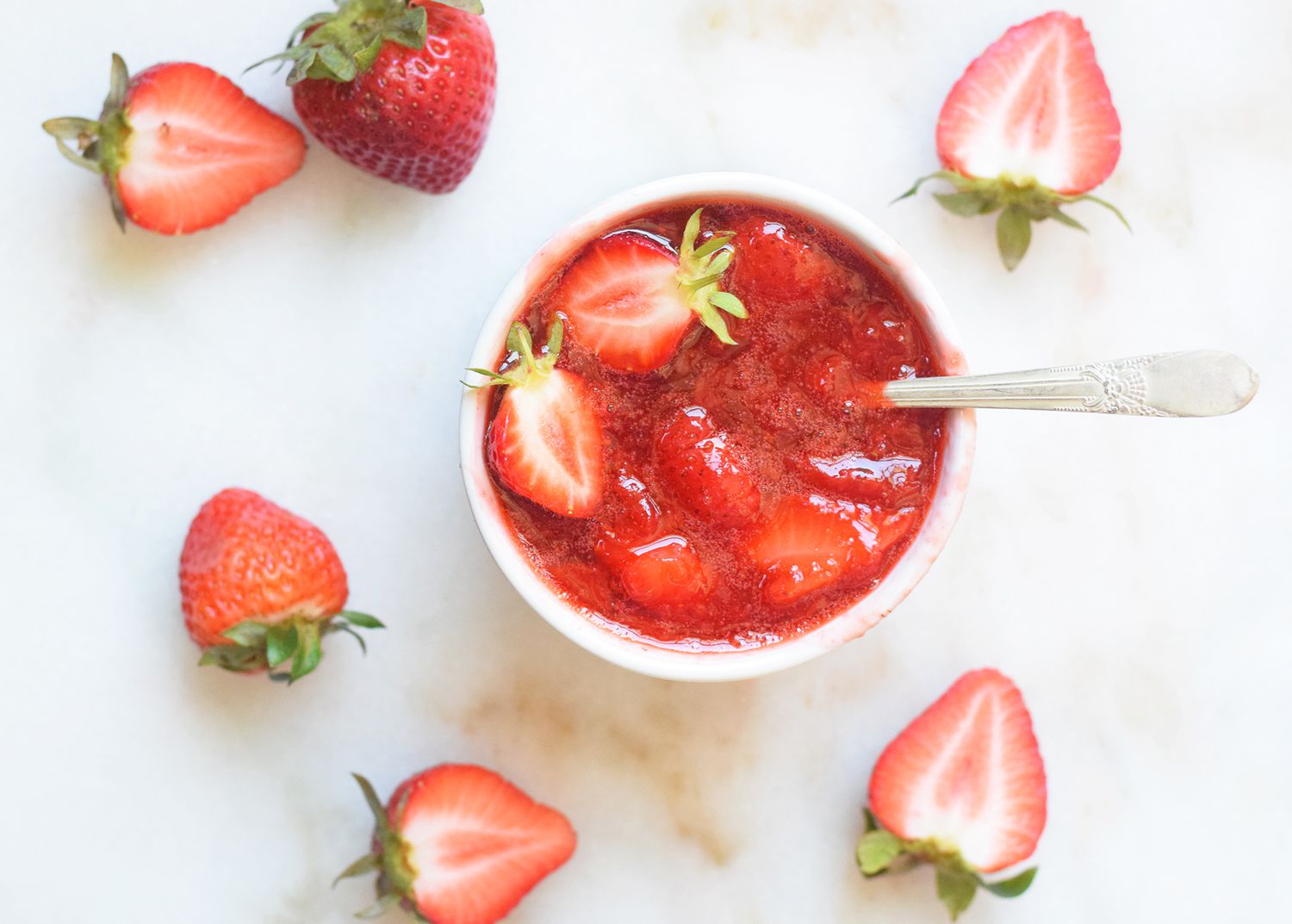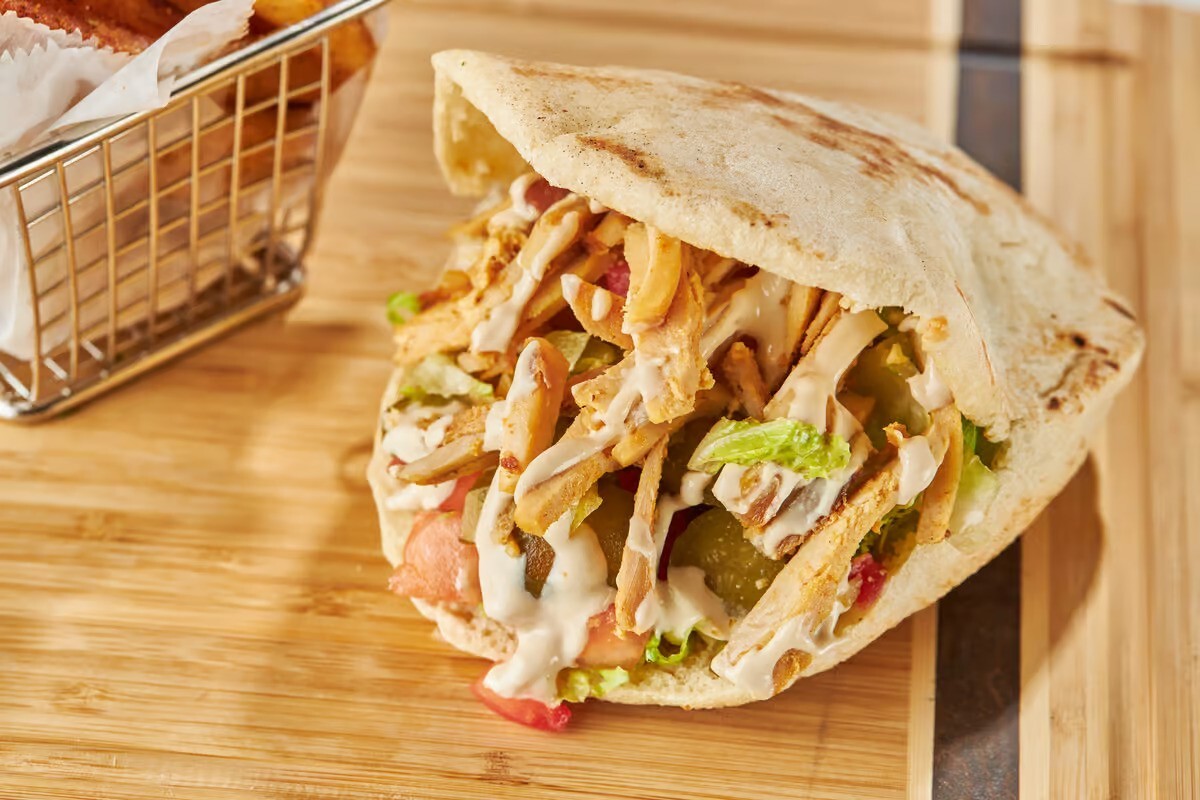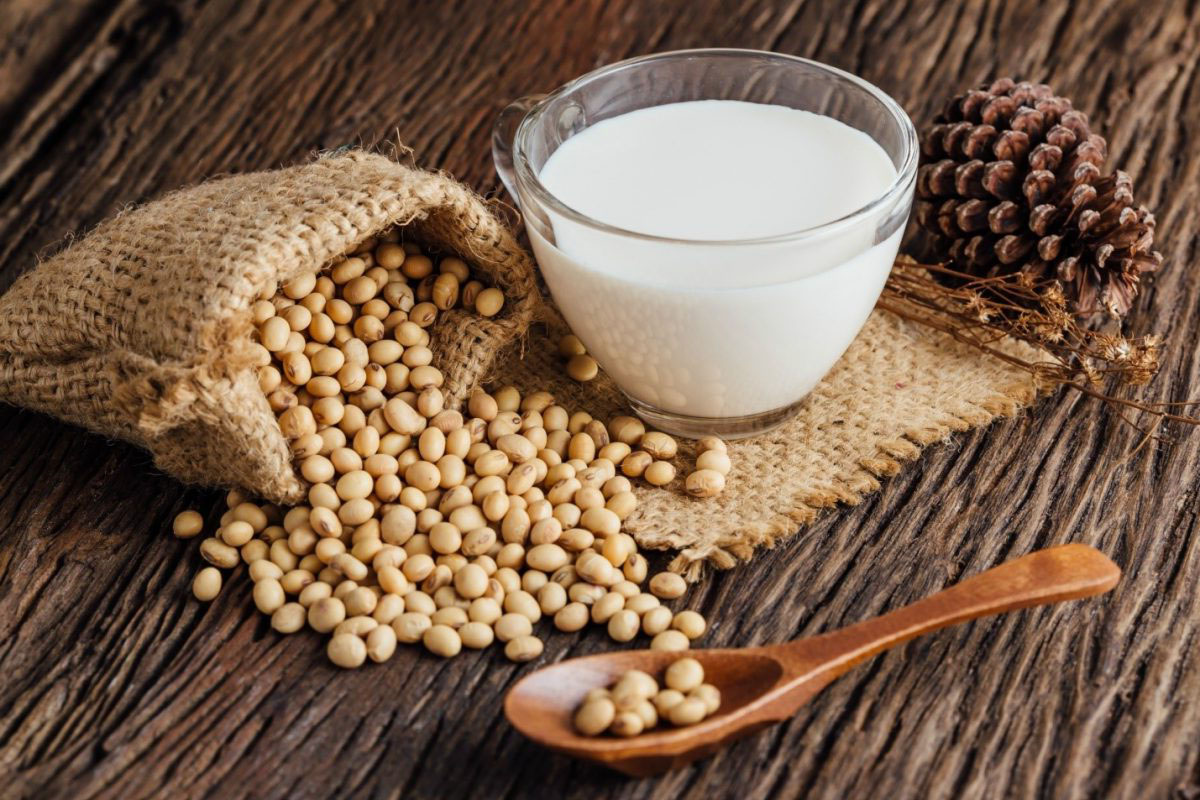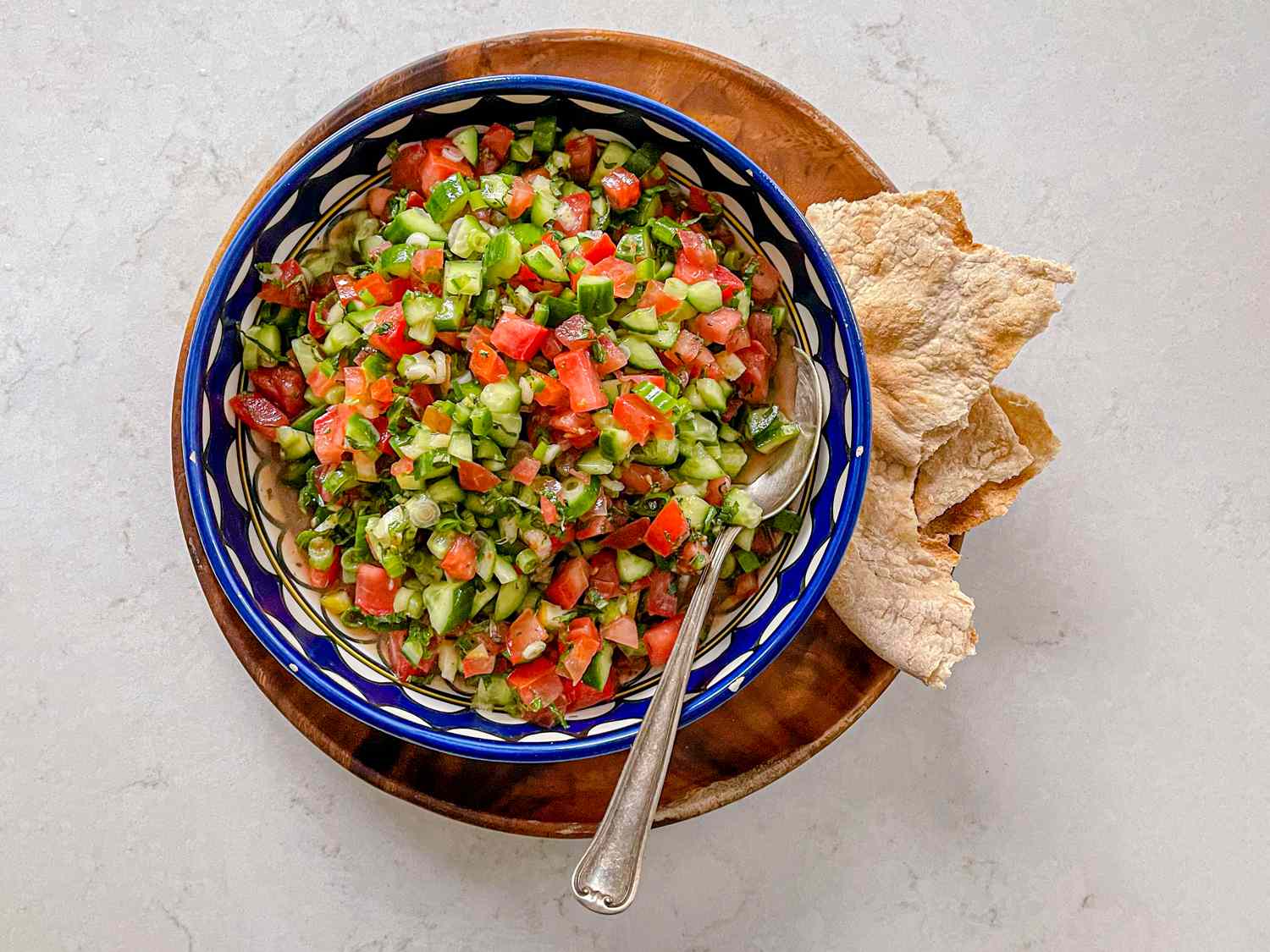Understanding Potato Flour: A Versatile and Nutritious Ingredient
When it comes to baking and cooking, there are countless ingredients that can be used to achieve a variety of textures and flavors. One such ingredient that has been gaining popularity in recent years is potato flour. But what exactly is potato flour, and how can it be used in the kitchen?
What Is Potato Flour?
Potato flour is a fine, powdery substance made from dried potatoes. It is commonly used as a thickening agent in recipes, and it can also be used to add moisture and structure to baked goods. Unlike potato starch, which is extracted from the starch of the potato, potato flour is made from the entire potato, including the skin. This means that it contains more fiber and nutrients than potato starch.
How Is Potato Flour Made?
The process of making potato flour involves washing, peeling, and cooking the potatoes before drying and grinding them into a fine powder. This results in a versatile ingredient that can be used in a wide range of recipes, from breads and cakes to soups and sauces.
Benefits of Using Potato Flour
There are several benefits to using potato flour in your cooking and baking:
- Gluten-Free: Potato flour is naturally gluten-free, making it a great option for those with gluten sensitivities or celiac disease.
- Moisture and Texture: When used in baking, potato flour can help add moisture and improve the texture of the final product.
- Nutrient-Rich: Potato flour contains more fiber and nutrients than many other gluten-free flours, making it a nutritious choice for your recipes.
- Thickening Agent: In savory dishes, potato flour can be used as a thickening agent for soups, stews, and sauces.
How to Use Potato Flour in Cooking and Baking
There are many ways to incorporate potato flour into your recipes:
- Baking: Add potato flour to gluten-free baked goods to improve texture and moisture.
- Thickening: Use potato flour as a thickening agent in soups, sauces, and gravies.
- Breading: Use potato flour as a gluten-free alternative to traditional breadcrumbs for coating meats and vegetables.
- Combining Flours: Mix potato flour with other gluten-free flours to create a custom flour blend for baking.
Where to Buy Potato Flour
Potato flour can be found in the baking aisle of many grocery stores, as well as in specialty health food stores. It is also available for purchase online, making it easily accessible for home cooks and professional chefs alike.
Conclusion
Potato flour is a versatile and nutritious ingredient that can be used in a wide range of cooking and baking applications. Whether you’re looking to add moisture to your gluten-free baked goods or thicken a savory sauce, potato flour is a valuable addition to any kitchen pantry. With its gluten-free nature and nutrient-rich profile, it’s no wonder that potato flour is becoming a popular choice for home cooks and professional bakers alike.
So, the next time you’re looking to experiment with new ingredients in the kitchen, consider adding potato flour to your shopping list. You may be pleasantly surprised by the results!
Was this page helpful?
Read Next: What Is Sofrito Rice?
